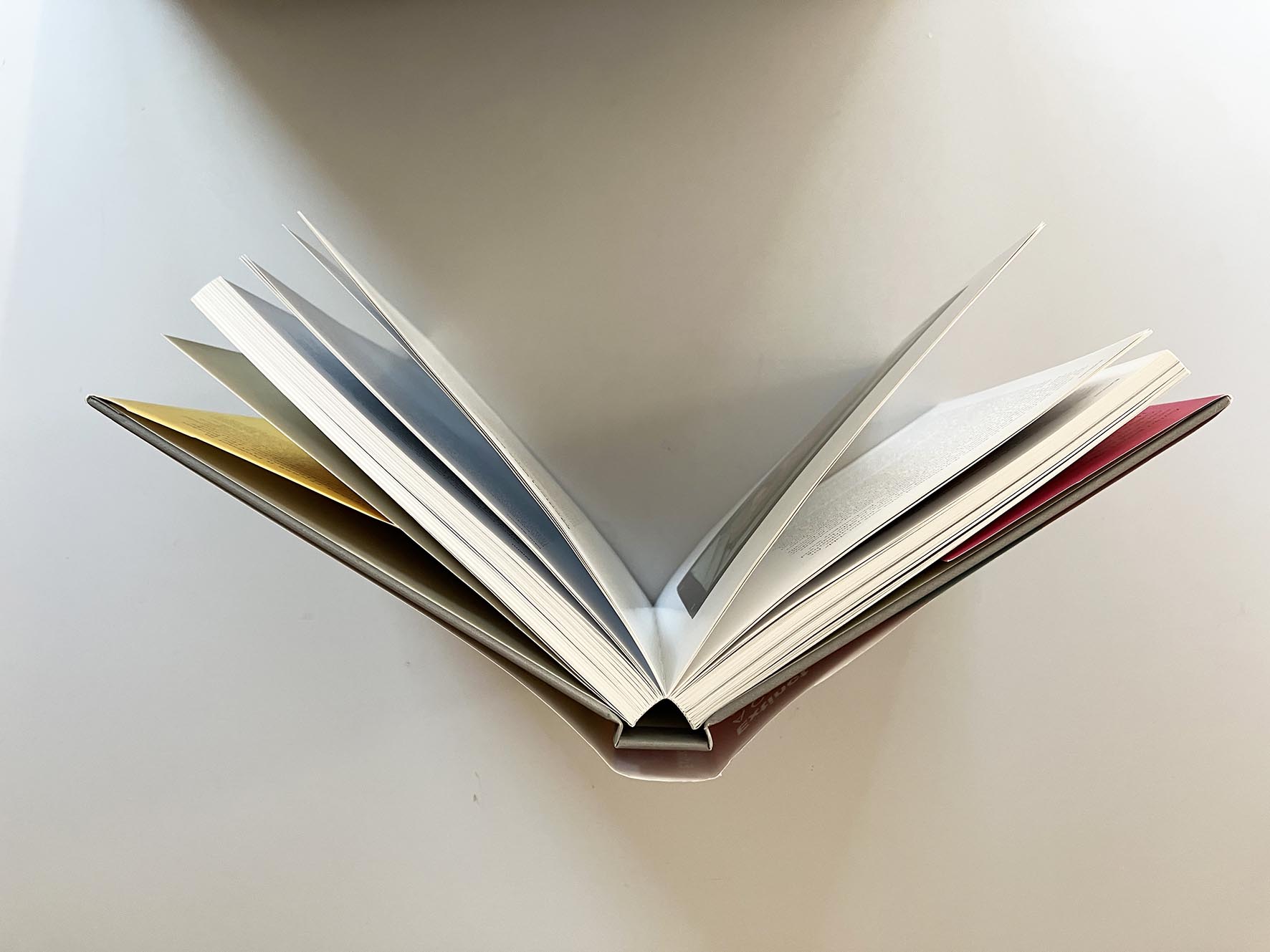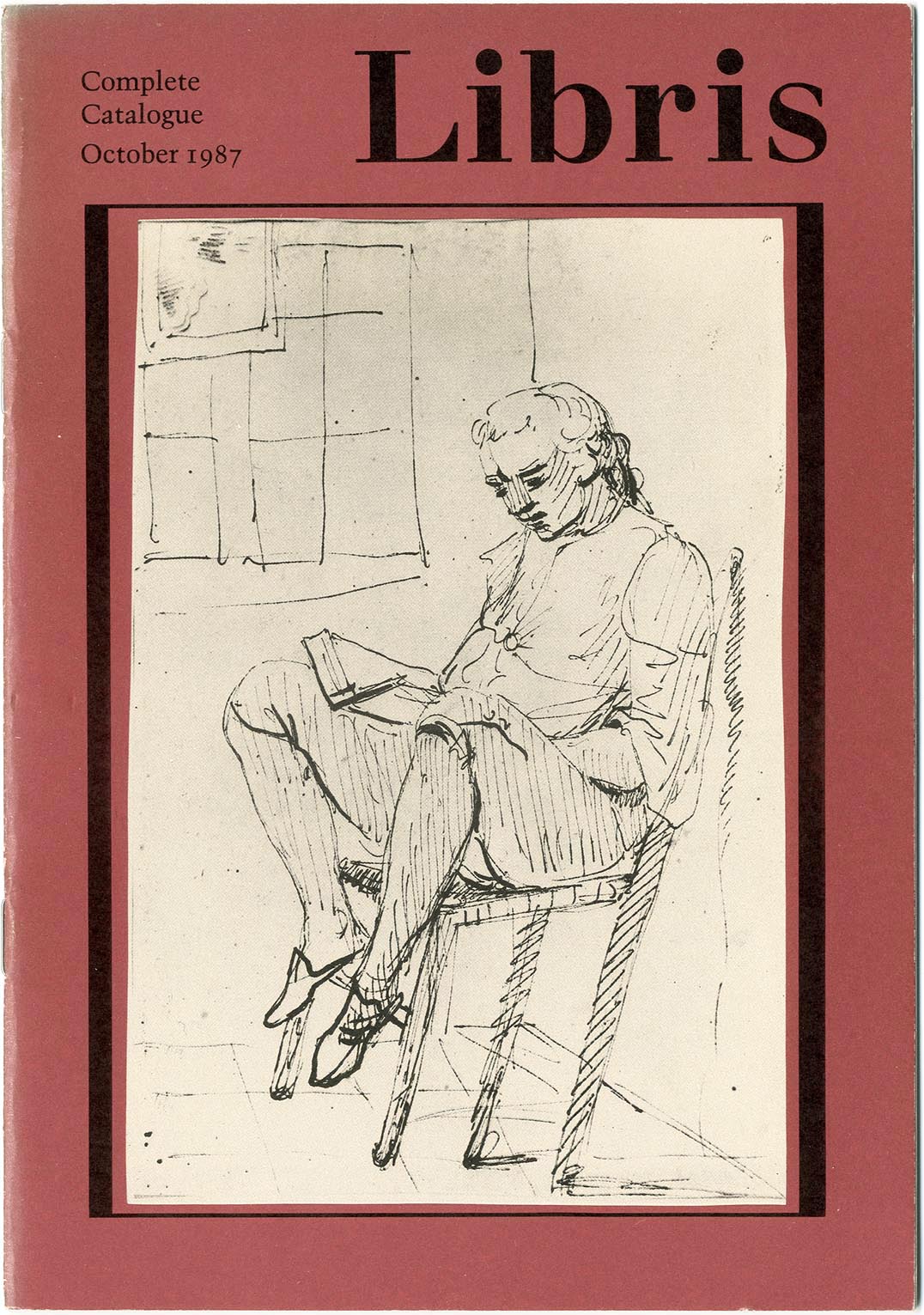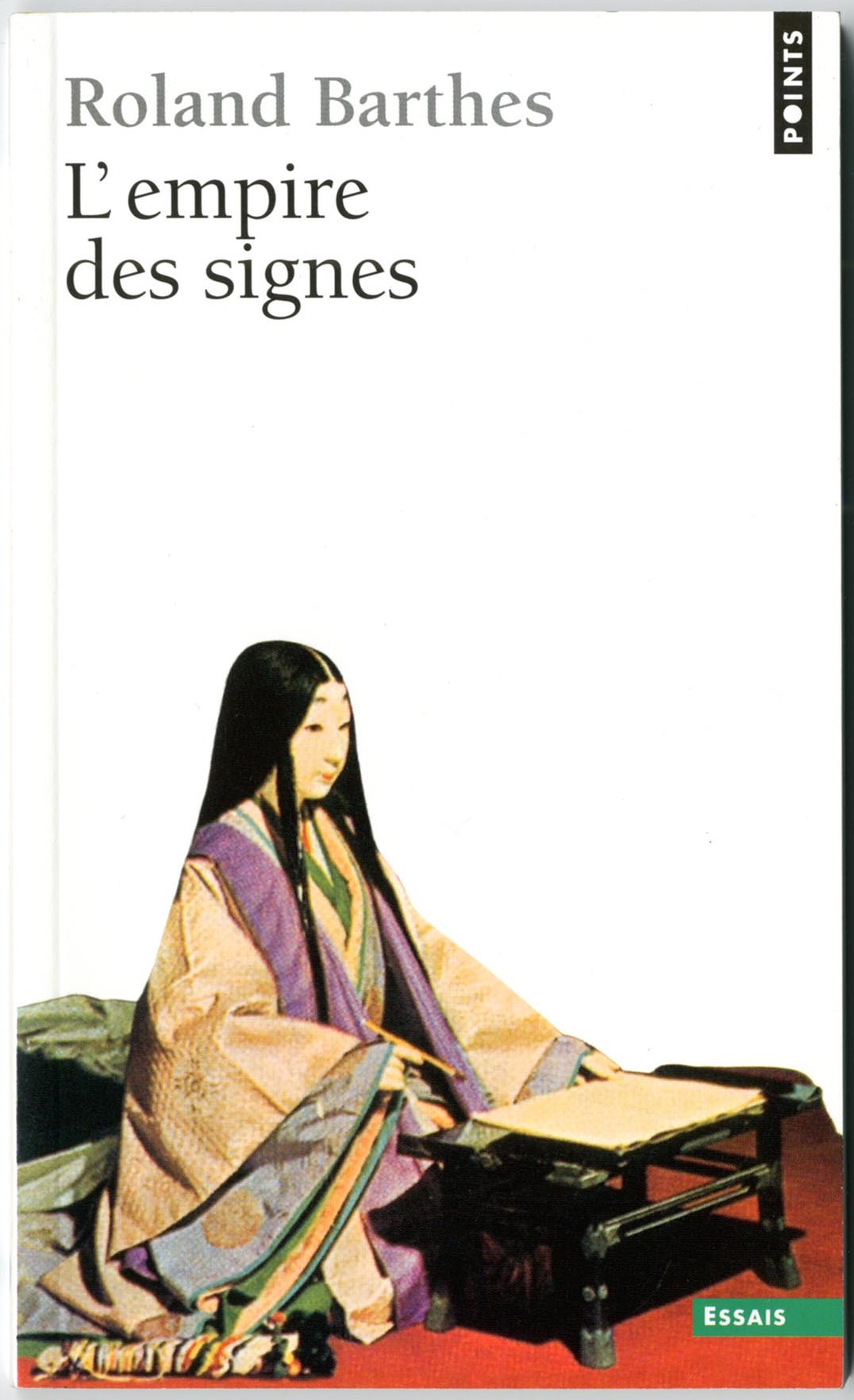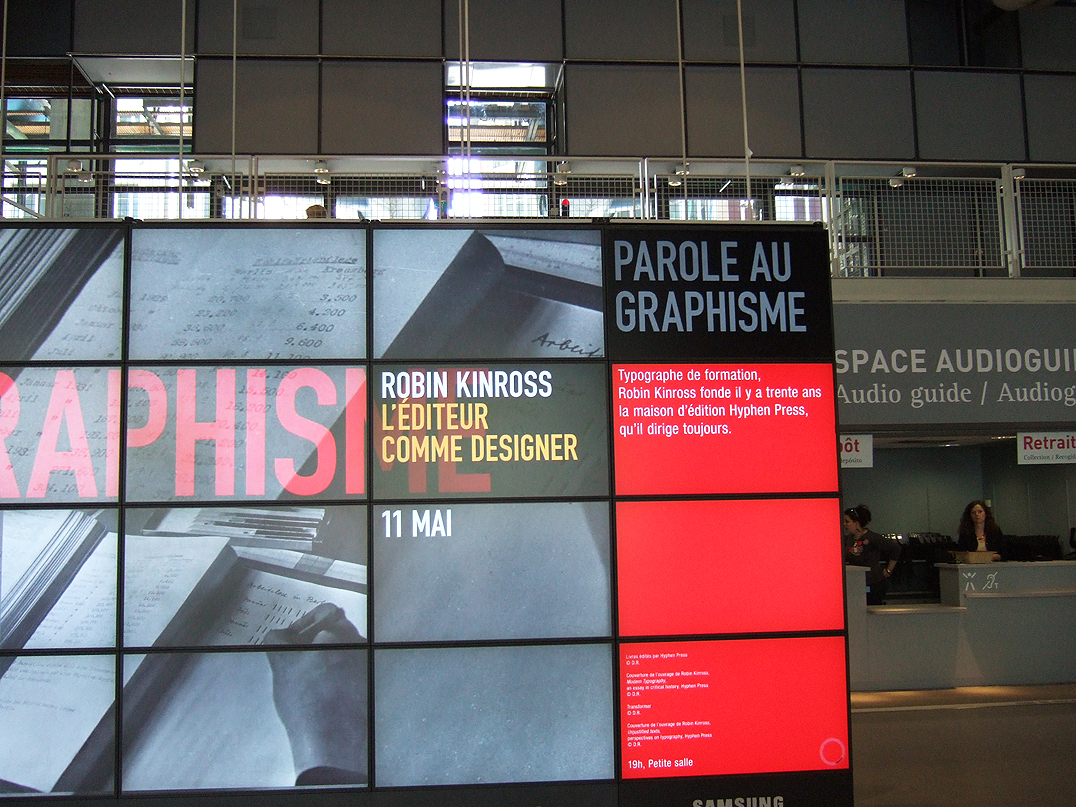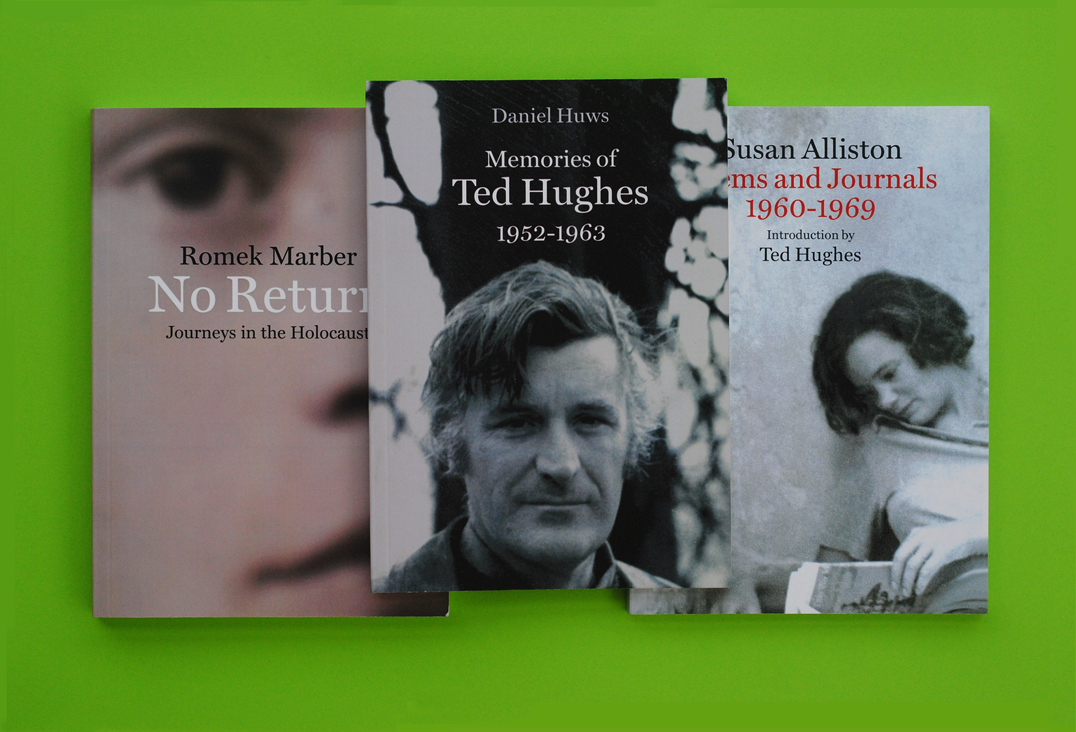Nick Jacobs as editor and publisher: some memories
Hyphen Press / 2024.04.11
My first encounter with Nick Jacobs happened in 1970. I had started to read New Left Review: in those days especially, the journal had an air of discovery about it, and I seemed to read most of every issue. That year, 1970, was when New Left Books was launched. NLR subscribers could buy these books by mail order, at a favourable price.
Title casing
Hyphen Press / 2016.03.25
A detail of Hyphen Press style has sometimes caused puzzlement. We give the title of a book with initial capitalization only in the first word. Thus: The arrow of gold, rather than The Arrow of Gold. We have used this style in the text of most of the Hyphen books, and in their display typography too, in catalogues, and on this website.
Style guide
Hyphen Press / 2014.01.02
At work over the holidays on a writer’s first draft, the following notes seemed of possible wider interest.
They order these things better in France
Hyphen Press / 2012.05.16
The photograph below records the entrance space at the Centre Pompidou in Paris, last week, where Robin Kinross gave a ‘conférence’ on the occasion of the publication of the French edition of Modern typography.
Editing as design, in France
Hyphen Press / 2012.05.04
On the occasion of the publication of the French edition of Modern typography, Robin Kinross is speaking on the theme of ‘editing as design’ at ÉSAD Valence next Thursday, and at the Centre Pompidou on Friday.
Designer as publisher
Hyphen Press / 2010.07.07
Some years ago – I recall events and publications in the early 1990s – there was some noise about the ‘designer as author’: graphic designers would have a hand in writing (or maybe ‘authoring’) the texts that they also designed, and designers could even be considered as authors.
